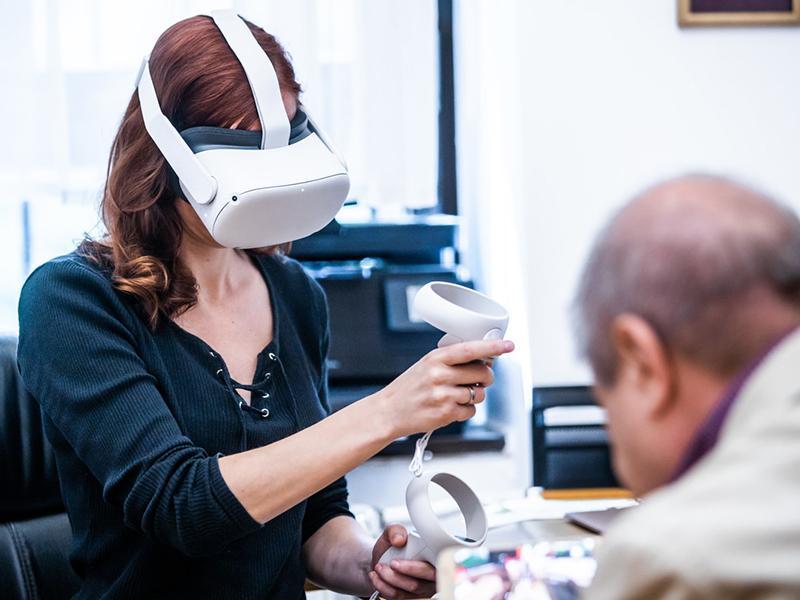Assessing the Virtual Reality Therapy Market Estimation and Future Potential

The healthcare sector’s digital transformation is accelerating, and among the technologies leading this shift, virtual reality therapy is making significant strides. The Virtual Reality Therapy Market Estimation underscores the growing recognition of immersive therapy as a vital part of modern medical care. Virtual Reality in Therapy Market was valued at USD 1.50 Billion in 2024 and is projected to reach USD 29.75 Billion by 2035, growing at a CAGR of 31.20% from 2025 to 2035. This estimate reflects an era of global healthcare redefinition where technology bridges the gap between traditional and digital medicine.
Market estimations suggest that both developed and developing regions are embracing VR therapy for its cost-effectiveness and clinical versatility. Hospitals are utilizing VR for patient education, surgical training, rehabilitation, and pain management, while therapists are using it for exposure and cognitive behavioral therapies. The combination of psychological and physiological applications gives VR therapy a distinct edge in expanding its adoption across the healthcare landscape.
Technological innovation continues to drive the upward market estimation. The evolution of hardware—such as high-resolution headsets and motion-tracking gloves—has made the experience more immersive and therapeutic. Moreover, the integration of haptic feedback technology allows patients to interact with virtual environments more naturally, enhancing engagement and recovery. Software innovations powered by artificial intelligence further personalize therapy sessions, analyzing patient behavior and adjusting difficulty levels accordingly.
Economic and social factors also contribute significantly to the Virtual Reality Therapy Market Estimation. With mental health challenges rising globally, governments and private organizations are investing heavily in accessible and scalable therapy models. The affordability of VR therapy compared to long-term in-person sessions makes it particularly attractive to healthcare providers looking to expand their service offerings. Additionally, insurance companies are beginning to recognize VR interventions as reimbursable, which is expected to boost adoption further.
Regionally, North America holds a dominant position due to early adoption, strong funding, and favorable reimbursement policies. However, Asia-Pacific and Europe are poised for exponential growth as digital health ecosystems mature and consumer acceptance increases. The combination of high technological literacy and expanding healthcare infrastructure creates fertile ground for future expansion.
In summary, the Virtual Reality Therapy Market Estimation reveals a promising future driven by clinical validation, technological evolution, and global accessibility. As more medical practitioners integrate VR into their daily practice, virtual reality therapy is set to become a cornerstone of next-generation healthcare systems.
More Reports:
https://www.marketresearchfuture.com/reports/spain-customer-experience-management-market-59454
https://www.marketresearchfuture.com/reports/standalone-trackpad-market-37838
https://www.marketresearchfuture.com/reports/sustainability-consulting-services-market-26524
https://www.marketresearchfuture.com/reports/svod-market-43018
https://www.marketresearchfuture.com/reports/talent-acquisition-software-market-24413
https://www.marketresearchfuture.com/reports/talent-acquisition-staffing-technology-market-26520
https://www.marketresearchfuture.com/reports/telecom-cloud-market-2027
https://www.marketresearchfuture.com/reports/text-to-video-ai-market-32604
https://www.marketresearchfuture.com/reports/travel-sim-mvno-market-22706
https://www.marketresearchfuture.com/reports/uk-privileged-access-management-solutions-market-61700
- Art
- Causes
- Crafts
- Dance
- Drinks
- Film
- Fitness
- Food
- Juegos
- Gardening
- Health
- Home
- Literature
- Music
- Networking
- Other
- Party
- Religion
- Shopping
- Sports
- Theater
- Wellness



